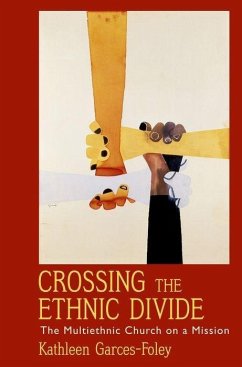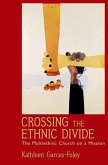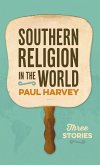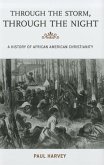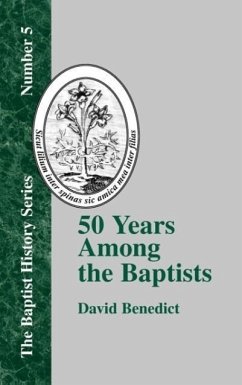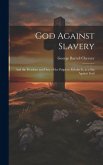It is commonly accepted that the way to build church growth is to target specific ethnic or racial groups. People prefer to worship with their own, the theory goes, and if growth is what you want you have to accept that fact. In this book Kathleen Garces-Foley challenges the accepted wisdom and puts forth an alternative hypothesis about the role of a multi-cultural ideology in integrating a range of ethnic and generational groups. Through the story of one Asian-American-led multiethnic congregation in Southern California, Evergreen Baptist Church, she seeks to understand how the multiethnic church works as a new and unique social institution. The driving force behind the formation of multiethnic churches, Garces-Foley says, is a new generation of Christians who have been raised in diverse urban settings and have internalized a value for diversity as taught in the public schools. In the case of Evergreen, she finds, many of the younger members learned about the evangelical theology of racial reconciliation in Bible study groups such as InterVarsity Christian Fellowship and after graduation sought out a multiethnic church where they could put their theological commitment into action. In response to the demand for greater diversity in religious life, churches are increasingly adopting a multiethnic identity and looking for strategies for managing the conflicts that inevitably emerge in diverse settings. Evergreen, Garces-Foley shows, has been successful in reframing these conflicts into opportunities for Christian growth, through a "theology of discomfort." This strategy turns on its head the idea that the Church is supposed to be a place of comfort, and challenges members to embrace the discomfort of cross-cultural exchanges as integral to Christian discipleship. By stressing the sacrifice of comfort required in the multiethnic church, Evergreen and parishes like it inspire members to bear the costs of diversity. Moreover, to the extent that these churches encourage members to take their commitment for racial reconciliation beyond the church walls, they are participating in a larger social discourse about racial justice and may have a positive role to play in the future of our multiethnic society.
Hinweis: Dieser Artikel kann nur an eine deutsche Lieferadresse ausgeliefert werden.
Hinweis: Dieser Artikel kann nur an eine deutsche Lieferadresse ausgeliefert werden.

